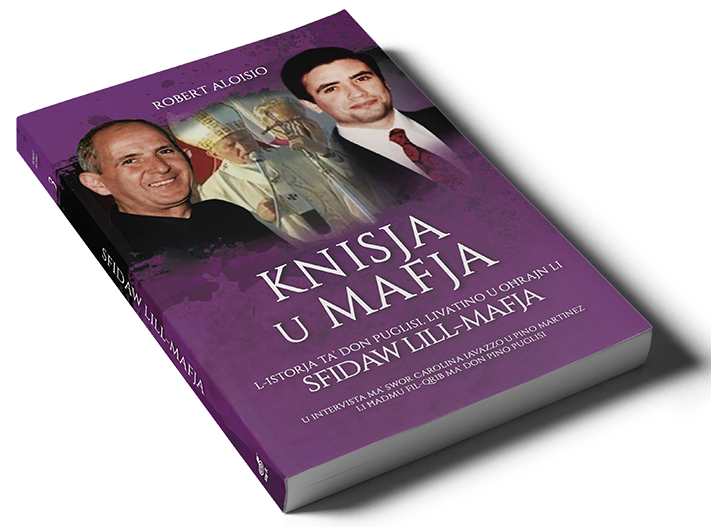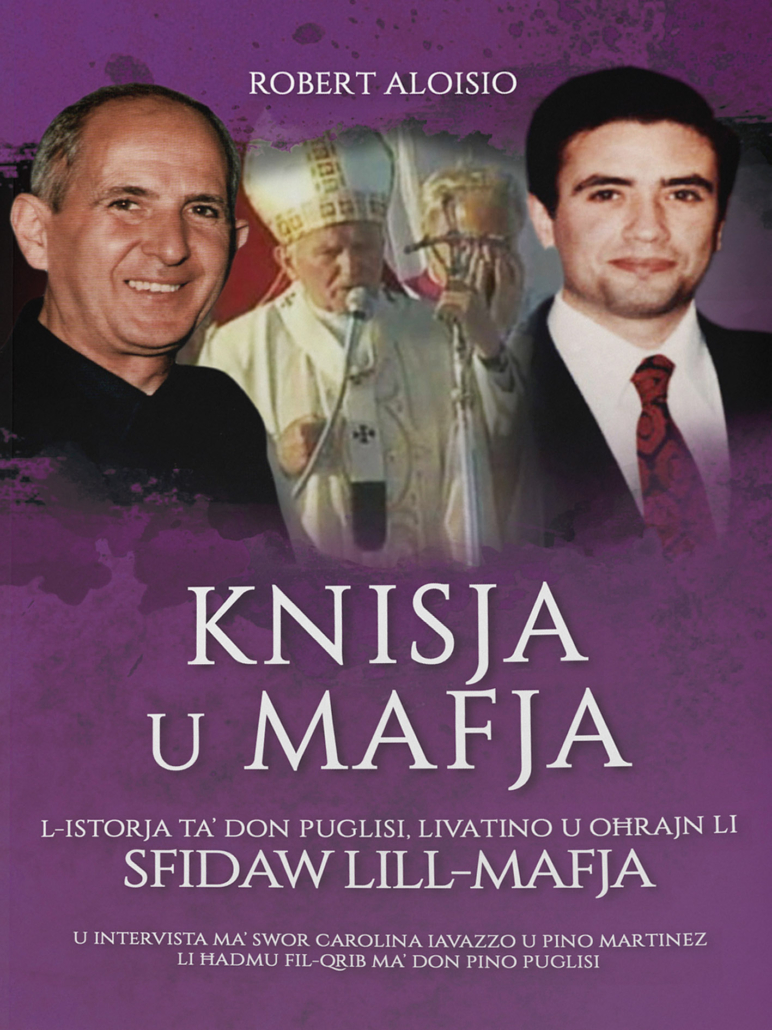It would not be an understatement to say that we are disillusioned with the endemic corruption that has blighted many countries. Sadly, Malta is not an exception, and keeping abreast of the news tends to be a depressing exercise as stories of sleaze and dishonesty at the highest levels seem to dominate the headlines in many other countries.
How often do we hear that all politicians are crooks?
Roberto Benigni, the maverick Italian comedian and actor, speaks out very strongly against such a defeatist and negative attitude. He says such generalisations play into the hands of the rogues as it conditions people to accept that political corruption has to be taken as given.
Such a defeatist stance should be anathema to people of good will, even more so to those of us who claim to be Christian. I was privileged to have listened to the legendary Jesuit Fr Bartolomeo Sorge SJ in 1995. He passionately believed that evil can be overcome. He dedicated his life to educating people of influence, especially in fighting the scourge of the mafia in neighbouring Sicily.
It was therefore a most refreshing experience for me to have been given a book by a friend of mine that relates the unbelievably outstanding stories of Christian men, both lay and religious, who embodied the social and political commitment so clearly portrayed by the late Fr Sorge SJ.
The book, Knisja u Mafia (The Church and the Mafia), written by Robert Aloisio, is very well researched, describing how criminal interests infiltrate and impact on people in the Church, the legal profession and the political arena, thus corrupting institutions that should be at the forefront defending and promoting justice.
Yet the book sends out a message of hope as it presents us with people of integrity and courage, whatever their calling. Despite indifference and paralysis and, at times, the scandalous connivance between the various institutions and organised crime, they courageously went ahead with living up to their responsibilities.
This book underscores an overlooked aspect of these heroes who lived up to the highest standards of professional integrity.
It reveals how it was their Christian faith that inspired and motivated them, despite being very aware that they were placing their lives and even those of their family members at risk.
Such a book should have a wide readership, especially in schools, so that the younger generation may be motivated by such heroic witness and realise that every choice we make is crucial. We all have the responsibility to use our freedom to make the right choices, otherwise society will resign itself to accepting that evil is inevitable.
This was emphasised on October 1 by Archbishop Charles Scicluna, who, when addressing the judiciary to mark the start of the new Forensic Year, referred to the courageous young magistrate Rosario Livatino, who was assassinated 31 years ago at the age of 38.
Livatino’s life story, portrayed at length in Knisja u Mafia (The Church and the Mafia), is most uplifting, and Rosario should be a role model for those who are inspired by Christian values, especially when in positions of great responsibility that play a key role in promoting a virtuous society.
As the Russian Canadian sociologist Catherine Doherty once said: “Being a Christian means living dangerously”. Sitting on the fence is not an option.
All proceeds from the book will go to the Caritas Parish Diakonia Network.




